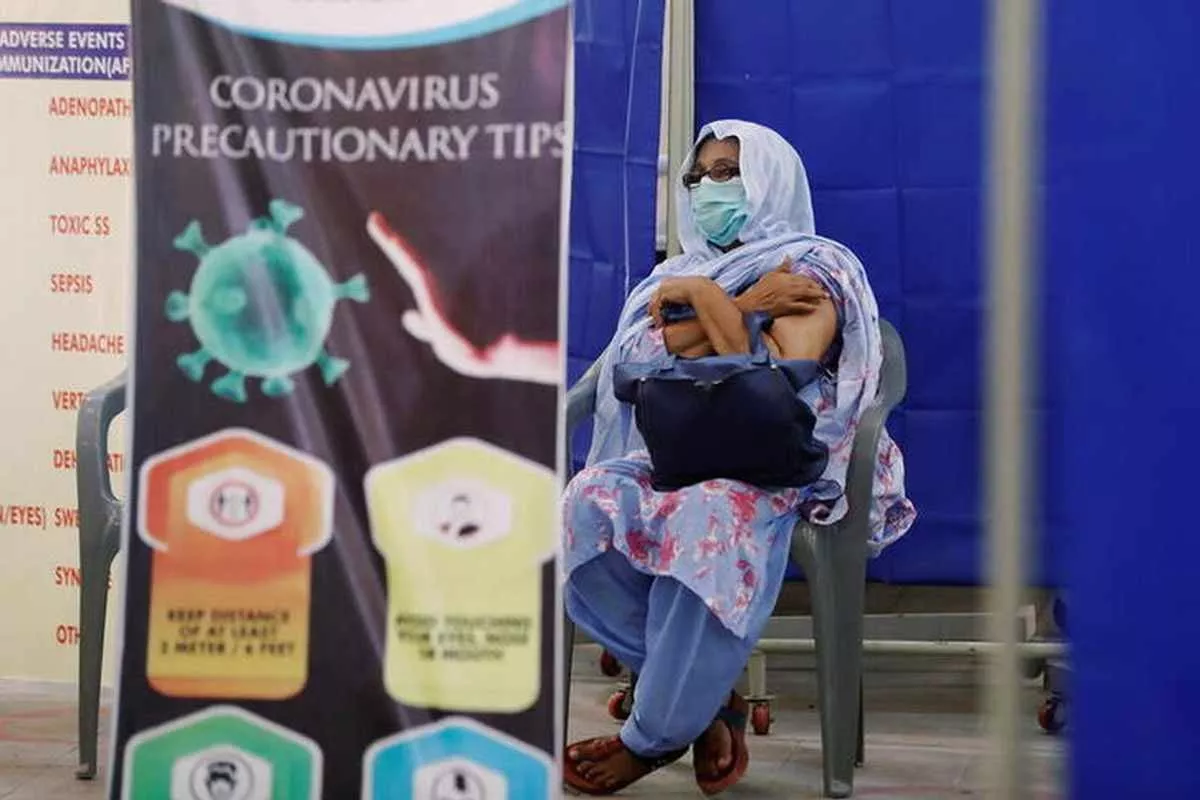Covid relief programmes must include women, proactively
TDEA-FAFEN releases findings of socio-economic impact assessment of Covid during first wave
ISLAMABAD:The federal and provincial governments needed to expand the pandemic relief programmes and improve their accessibility by easing down the eligibility criteria to mitigate the immediate risks for women and prevent exacerbation of the existing gender gaps during Covid-19 across the country.
This was recommended in a survey report conducted by the Trust for Democratic Education and Accountability and Free and Fair Election Network (TDEA-FAFEN).
Based on a survey of 6,000 households from 20 districts across Pakistan, the socio-economic impact assessment report highlighted the issues faced by marginalized communities in general and women in particular during the first wave of the pandemic.
The findings suggested that women and girls were more vulnerable to non-health impacts of the pandemic.
According to the report, women-led households financially suffered more than men-led households as the former had a lower monthly income than the latter, even before the pandemic-associated economic slowdown.
It further stated that social distancing policies and lockdowns had left the most vulnerable women without income and sustenance. “Around 88 per cent women-led households, 62 per cent salaried individual women and 70 per cent self-employed individual women have reported a declining monthly income during the lockdown,” read the survey report.
The findings of the report further said: “Nearly 27 per cent employed women have lost their jobs, while 12 per cent women entrepreneurs are forced to shut down their businesses during this period. Moreover, 15 per cent women have faced interruptions in receiving salaries.”
Meanwhile, the survey report also highlighted some other pandemic-related issues, including increase in health expenses as the respondents reported additional spending on health items. It also observed an overall decrease in the educational expenditure in the aftermath of the pandemic, while mental stress and irritability increased for the higher income groups more than the lower income groups.
In its findings, the report observed incompatibility in gender relations with a grim picture of the psychosocial environment, particularly for women.
“Around 31 per cent respondents reported an increasing trend of gender-based violence. Women in nearly 30 per cent rural and 31 per cent urban households faced violence during the lockdown restrictions,” read the report, adding 43 per cent respondents reported increased instances of stress and other mental illnesses.
Among the distressing situation, the report found some positive trends at the community level as people of their own volition took initiatives, such as relief committees, to assist the affected people in neighborhoods.
While the other statistics of the survey revealed that around 27 per cent respondents received help from political parties and even a larger number of women, i.e. 35 per cent, confirmed having received support from political parties.
The report further observed that majority of the respondents, 66 per cent, were satisfied with government’s handling of the coronavirus situation while 34 per cent were dissatisfied.
With regard to inflation and price control, government’s response to the lockdown seemed largely inadequate as 90 per cent respondents reported an increase in prices of basic necessities in their respective area.
In its suggestion, the report stated that the relief programmes may introduce financial assistance for low-income individuals and extend them to part-time workers, the self-employed and freelancers with a proactive approach to reach out to women, especially home-based workers.
“In particular, the programmes should provide assistance to women entrepreneurs hit by crisis in the form of no interest or low-interest loans, business stimulus packages and delayed repayments,” it added.


COMMENTS
Comments are moderated and generally will be posted if they are on-topic and not abusive.
For more information, please see our Comments FAQ